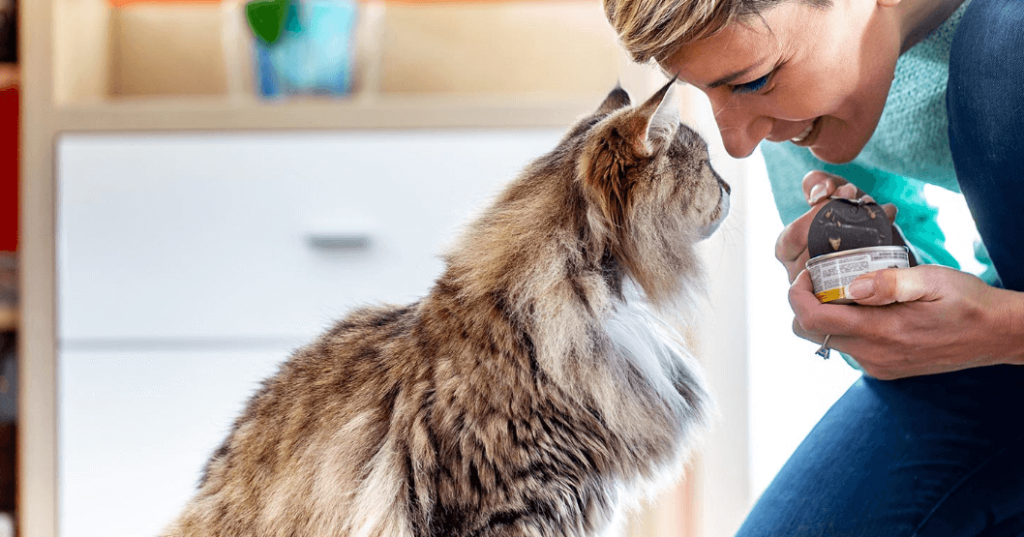
Looking after a pet is a lot of responsibility and requires the right research to ensure that their health is put first. One of the main factors that will influence the health of your cat is their diet. When an animal has the right nutrition, they will live longer and healthier lives. Spending a bit of extra money on high-quality pet food will save you money on expensive vet bills for disease and health complications in the future. It will also improve their appearance and behavior. To ensure the health of your pet, here are 5 nutrition tips to follow.
Kibble or Canned
There are two main choices when it comes to cat food, which are kibble and canned food. Due to their carnivorous nature, many experts recommend choosing high-quality, meaty canned food over kibble. This means that there is some controversy that surrounds cat kibble, but if you prefer this route, then you should take a look at the Best Cat Dry Food for Cats of All Ages: A Complete 2020 Buyers Guide.
Start Reading Labels
Understanding how to read pet food labels is important when it comes to your cat’s diet. Many commercial pet food brands can actually bulk their food up with unnecessary fillers, be poor quality and may contain compounds that could be harmful for your cat. Choosing a balanced, high-quality food will rely on your reading the labels. You should also research brands and look for expert reports.
Meet Specific Needs
When feeding your cat, you need to make sure you meet their specific needs. Even though there are basics that will be required for every cat, their age, health status and breed could mean that they require certain dietary changes. If you are worried about not meeting these needs, you should speak to your vet and ask them what they recommend in order to support your pet’s health and happiness.
Research Homemade Food
Many people think that feeding your pet a raw or homemade diet is the best way to know exactly what is in their food and to meet their nutritional needs. However, although a raw or natural diet has many benefits, plenty of research and professional help will be required to ensure your cat has a balanced diet. To ensure this, your vet may recommend a range of supplements to meet their needs.
Amounts and Frequency
Once you have decided on a diet plan for your cat, you should make sure that you don’t over or under feed them. The portion sizes will depend on the food you choose, so you should speak to your vet if you don’t fully understand the ideal amounts and frequency of feeding. Pets love to have a routine, so feeding them their meals at a similar time each day will be good for their mental and physical health.
Before making any changes to your cat’s diet, you should speak to a qualified pet nutritionist or your vet for expert advice. The benefits of the right diet may not appear overnight, but they will benefit your cat in a variety of ways in the future.




More Stories
How to Select a Lightweight and Durable Transport Wheelchair
What Health Conditions Can Pregnancy Scans Show
A Detailed Guide to Oral Health